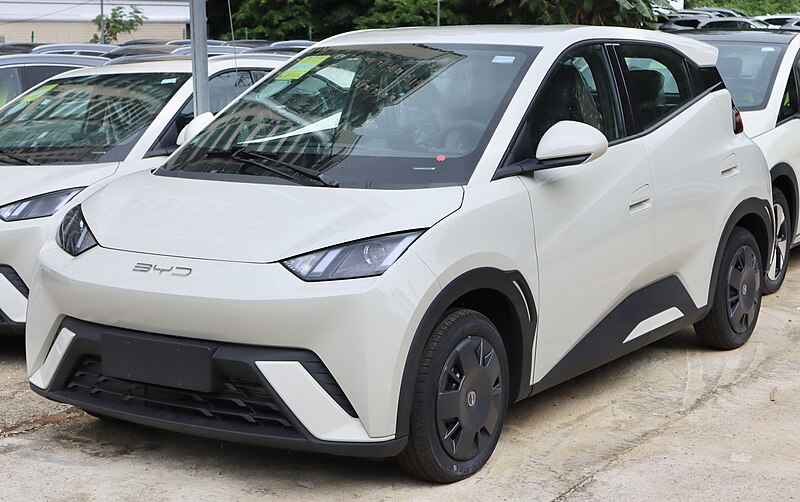Importing Autos from China: Understanding and Resolving Cross-Border Transaction Disputes
Cross-border purchasing of automobiles from China can sometimes lead to disputes between foreign buyers and Chinese sellers due to various reasons. Some common disputes in such transactions include:
1. Import/Export Regulations
Different countries have varying import and export regulations for automobiles. Disputes may arise if the buyer or seller is unaware of these regulations or fails to comply with them, resulting in delays or additional costs.
2. Vehicle Condition and Description
Disputes can occur if the buyer feels that the vehicle’s condition was inaccurately described or misrepresented by the seller. This could involve issues related to the car’s mileage, maintenance history, accident history, or overall condition.
3. Currency Fluctuations
When purchasing a car in a foreign currency, fluctuations in exchange rates can lead to price discrepancies. This may result in unexpected costs for the buyer or lower-than-expected returns for the seller.
4. Payment Issues
Payment problems can arise if there are delays, disputes, or errors in processing payments, especially when using international banking systems or different payment methods.
5. Shipping and Transportation
Disputes may occur during the transportation of the vehicle across borders. Delays, damages, or loss of the vehicle during transit can be sources of contention between the parties involved.
6. Import Taxes and Duties
Disputes can arise if the buyer is unaware of or disagrees with the applicable import taxes, duties, and other fees associated with bringing the vehicle into their country.
7. Vehicle Registration and Compliance
The vehicle may need to meet specific regulations and standards in the buyer’s country to be legally registered and driven. If the car does not meet these requirements, it can lead to disputes between the buyer and seller.
8. Warranty and After-Sales Service
If the vehicle is purchased in a different country, there might be challenges related to warranty coverage and accessing after-sales services, leading to disputes over responsibility for repairs and maintenance.
9. Title and Ownership Documentation
Ensuring proper documentation, such as the vehicle’s title and proof of ownership, can be complicated in cross-border transactions and may lead to disputes over legal ownership.
10. Dispute Resolution
In the event of any disagreement, resolving disputes between international parties can be challenging due to differences in laws, legal systems, and cultural norms.
To minimize the risk of disputes, it is crucial for both buyers and sellers to research and understand the laws and regulations involved in cross-border vehicle purchases, use secure payment methods, and clearly communicate expectations regarding vehicle condition, transportation, and other relevant aspects of the transaction. Seeking legal advice or using a reputable international escrow service can also help mitigate potential issues.





